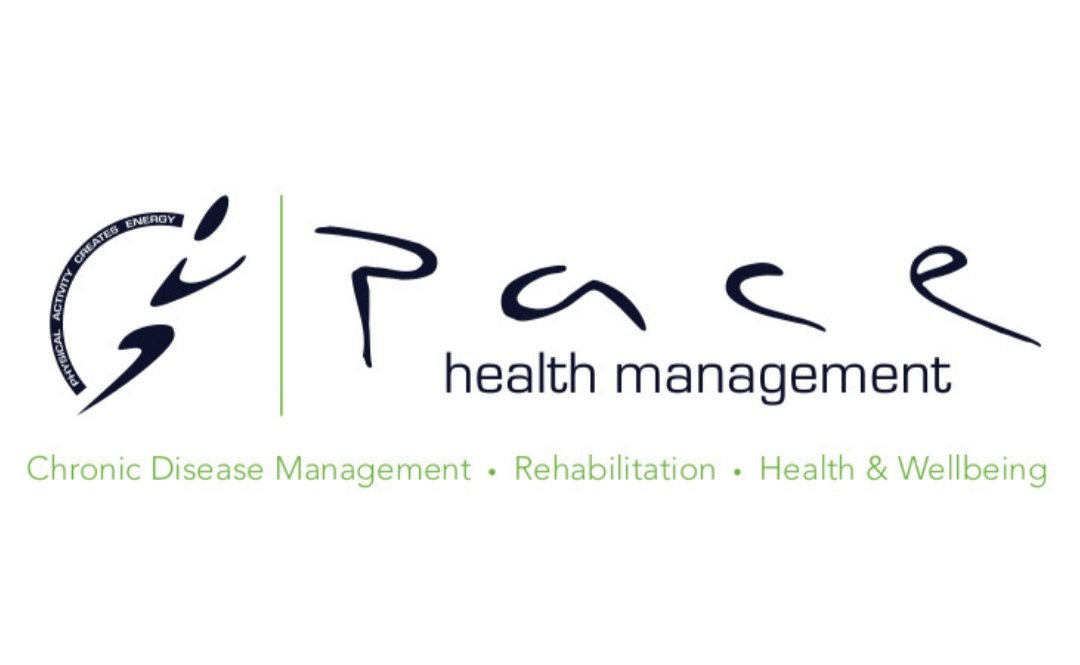The Research-Backed Benefits of Exercise for Headache and Migraine Management
Headaches and migraines can significantly impact one's daily life, leading many to seek effective solutions for relief. While medications and other treatments are commonly used, research has shown that exercise is a natural and potent way to support individuals living with these conditions.
In this blog, we will explore the research-backed benefits of exercise in alleviating headache and migraine symptoms, delving into the scientific evidence that highlights its physical and mental advantages.
Improved Blood Flow and Tension Reduction - Supported by Research
One of the primary ways exercise supports individuals with headaches and migraines is by improving blood flow and reducing muscle tension. Numerous studies have provided evidence for these effects:
A. Enhanced Blood Circulation: Research published in the journal "Cephalalgia" (2011) revealed that regular aerobic exercise increases cerebral blood flow, which can reduce the risk of constricted blood vessels and migraine triggers.
B. Muscle Tension Relief: A study in "Pain Medicine" (2015) found that participants who engaged in regular physical activity experienced significant reductions in muscle tension, particularly in the neck and shoulders, leading to fewer tension-type headaches.
Stress Reduction - A Proven Benefit
Stress is a known contributor to headaches and migraines, and exercise's stress-reducing effects have been well-documented in scientific research:
A. Release of Endorphins: A study published in "Psychosomatic Medicine" (2010) demonstrated that exercise triggers the release of endorphins, which have a stress-reducing effect and can minimize the risk of stress-induced headaches.
B. Stress Relief: Research in "Headache" (2008) suggested that engaging in regular physical activity is an effective strategy for managing stress and anxiety, common migraine triggers. Exercise helps individuals better cope with daily stressors, reducing the likelihood of headaches.
Hormonal Stability and Sleep Improvement
Exercise's impact on hormonal balance and sleep patterns is supported by scientific studies:
A. Hormonal Stability: A study published in "Neurology" (2012) found that maintaining a consistent exercise routine can contribute to hormonal balance, reducing the risk of hormone-related headaches.
B. Sleep Quality: Research in "Sleep Medicine Reviews" (2017) highlighted that regular exercise can promote better sleep quality, leading to restorative rest and decreasing the risk of sleep-related headaches.
Choosing the Right Exercise
To maximize the benefits of exercise in managing headaches and migraines, it's essential to choose appropriate activities, as supported by research:
A. Low-Impact Aerobic Exercise: A study published in "JAMA Internal Medicine" (2016) found that low-impact aerobic activities such as walking and stationary cycling are effective at promoting cardiovascular health without causing exertion-related headaches.
B. Mind-Body Practices: Research in "Pain Medicine" (2017) indicated that mind-body practices like yoga and tai chi are excellent options for reducing muscle tension, enhancing relaxation, and improving overall well-being in individuals with headaches and migraines.
C. Consistent Routine: A study in "Cephalalgia" (2013) emphasized the importance of establishing a consistent exercise routine, gradually increasing the duration and intensity of workouts to achieve sustainable benefits without triggering headaches.
The research-backed benefits of exercise for managing headaches and migraines are undeniable. By promoting improved blood circulation, reducing muscle tension, alleviating stress, and stabilizing hormones, exercise offers a powerful natural solution for headache and migraine management. Scientific studies provide substantial evidence to support these claims.
Before initiating or modifying an exercise regimen, it is advisable to consult with a healthcare professional or the team at PACE Health Management to ensure it aligns with your specific needs and health conditions.
With dedication to regular exercise, you can enhance your quality of life and reduce the frequency and intensity of headaches and migraines, experiencing relief and improved well-being backed by scientific research.
